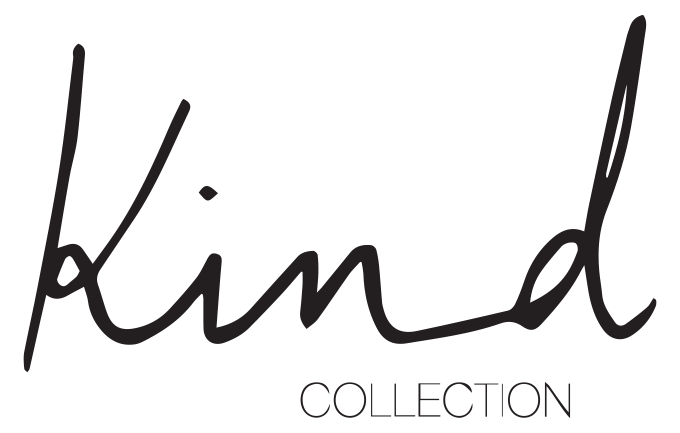What is Greenwashing?
Greenwash /ˈɡriːnwɒʃ/
noun
Disinformation disseminated by an organisation so as to present an environmentally responsible public image.
"While they can be useful, these sorts of standards are sometimes used quite cynically—as corporate greenwash"
Definition from Oxford Languages
What is Greenwashing?
Greenwashing, is the term used when companies or organisations promote misleading information to position themselves as “green” and sustainable. More time and money is spent by these companies deceitfully marketing themselves as environmentally friendly, rather than actually implementing practices to reduce their environmental impact.
Why do companies Greenwash?
Whilst some greenwashing may be unintentional, many businesses advertise a sustainability pledge to their audience, to appeal to an environmentally conscious target market. Greenwashing is often used to boost a companies reputation, and give them a competitive advantage over their rivals.
The Issue
The main issue with greenwashing is that it leads well-intentioned consumers down the wrong path. When choosing between two products, a conscious consumer is more likely to purchase from a brand that has a positive impact on our planet. Greenwashing can make it harder for the community to identify which brand is the ‘greener’ option to choose from.
What to look out for…
Fluffy language or vague statements with no examples to back up the claims.
It’s important to look for information as to how the product is eco-friendly. What about it makes it friendly to the environment? Keep in mind there’s the product itself and then the methods used to manufacture the product - which may not be so green.
FOR EXAMPLE: ‘Environmentally Friendly’
When you see this statement, ask yourself, “Compared to what?”. Everything that we create and consume has an impact on the planet. Businesses that includes “environmentally friendly” in their product description, should be able to explain how it’s better for the environment than an alternative.
Suggestive imagery/graphics that give an unwarranted impression of being “green”.
We’re talking about unrelated green leaves, trees and ‘green’ colour palettes used on packaging or in advertisements.
Irrelevant emphasis on one small ‘green’ feature of a product whilst the rest are not.
A company that prints their labels on recycled paper, may claim to be green – however the rest of their product line may support fast fashion. Whilst it is amazing that businesses are taking steps towards a greener future, it’s still important to recognise that there are elements of the business that need to improve. One green action doesn’t equate to a green business!
What to remember
It is important to remember genuinely ‘green’ products and brands backup their claims with facts and detail. In fact, businesses that are sustainable will often be eager to show you examples of how they promote positive change throughout their brand.
Fortunately, there are a few great platforms out there that can help you to identify how sustainable a brand really is. Good On You App is an amazing website that rates thousands of brands across the world. They have done the hard work for us, so we can understand more about the businesses that we shop from.
If you want to learn more about KIND Collection, and the ways in which we support sustainability throughout our business, head to our Ethical Practices page, or send us a DM/email. We are always happy to talk you through the ways that we support the planet and the community, when making our jewellery.
